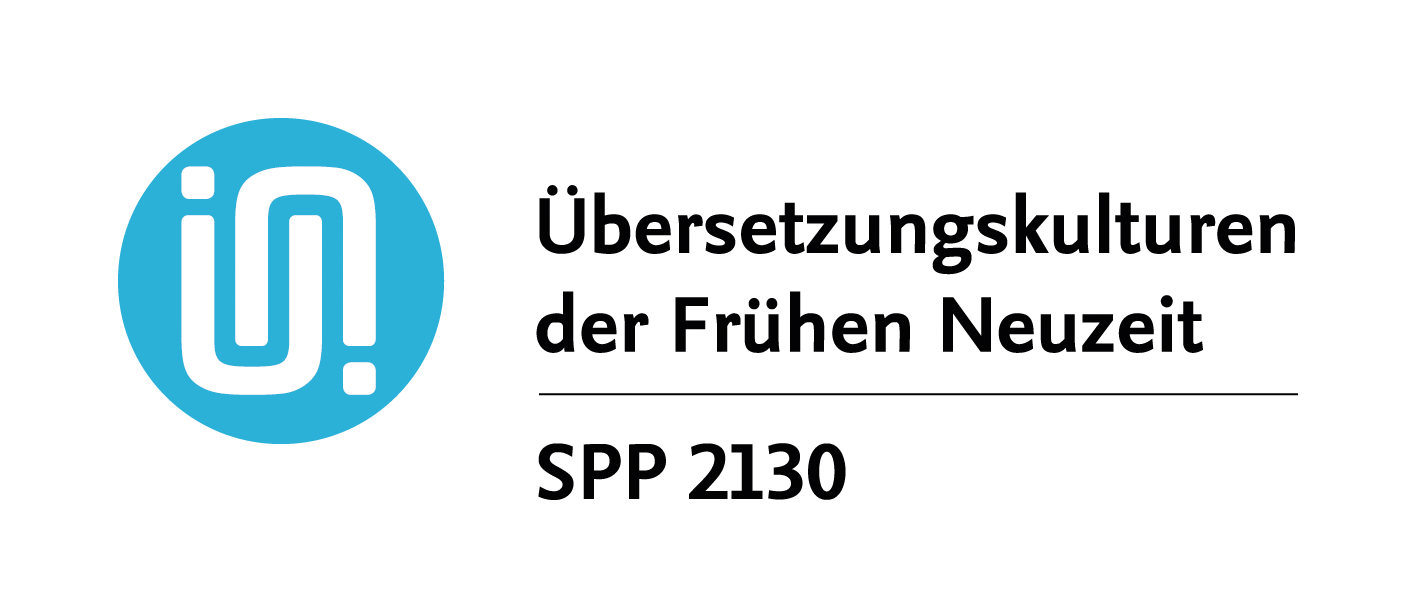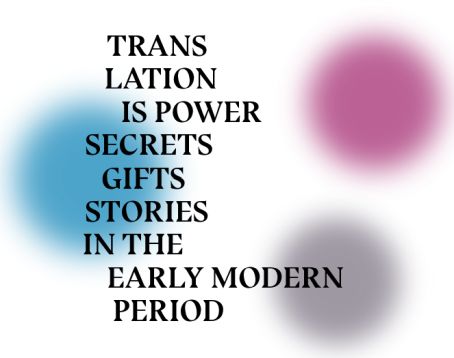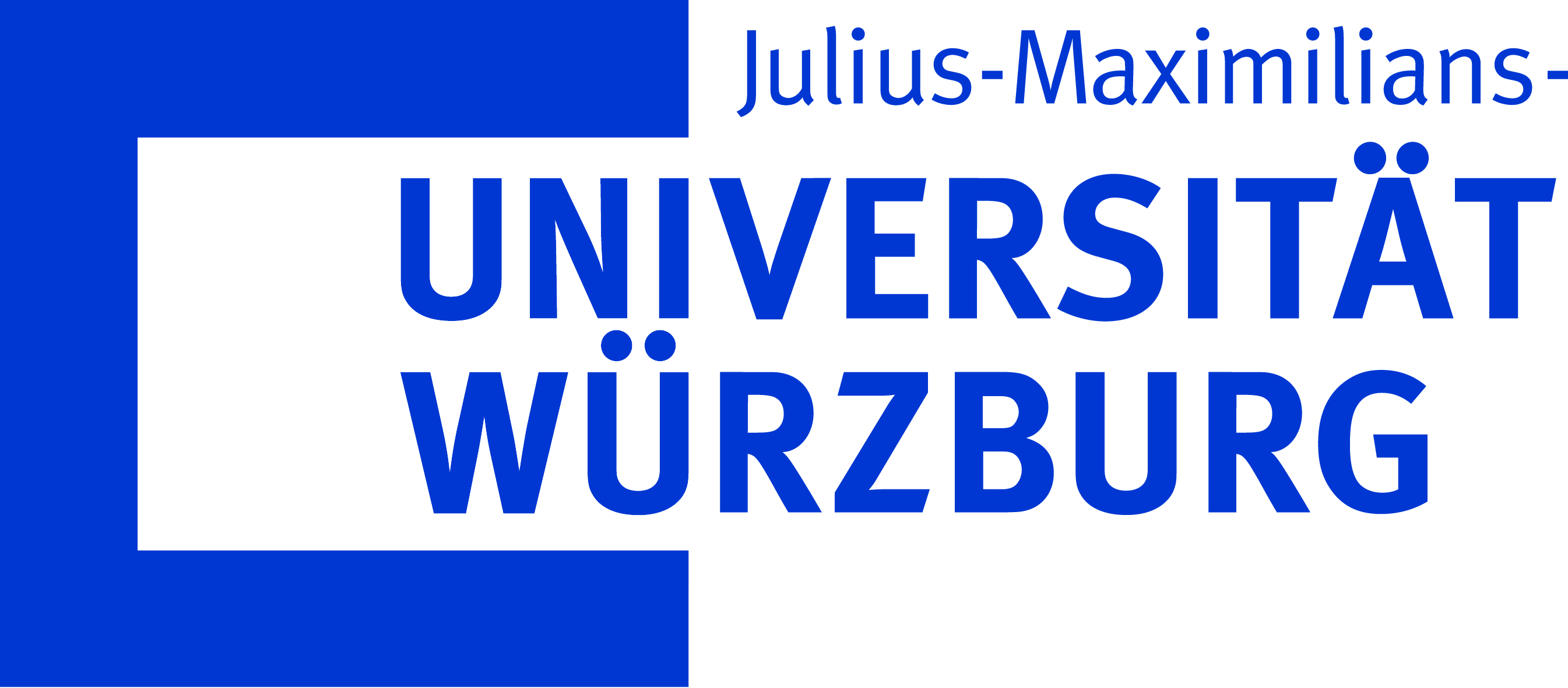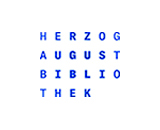Calender
Event Information:
-
Thu15Feb2024Sat17Feb2024Heidelberg
Conf.: The Semantics and Pragmatics of Early Modern Reflection on Translation: Terminology – Metaphors - Topoi
The significance of translations of literary and non-literary source texts from the early as well as neighbouring vernaculars for Early Modern writing cultures can hardly be overestimated. On the strength of contemporary imitation poetics, translation practices exerted a far-reaching influence on various literary-historical subdomains, for example the emergence and development of genres. Yet in view of the ubiquity of translational text production in the Early Modern era, it appears all the more astounding that contemporary comments and reflections on translating are rather hard to come by. The search for Early Modern theoretical deliberations on translation prove problematic because, as scholars, we encounter a specific historical semantics in the form of terms, metaphors, and topoi, but also fictive imaginaria, all of which contributed substantially to shaping contemporary reflection on translation but for their part also require explanation and interpretation.
Organized by Fiona Walter and Dirk Werle (SPP sub-project Historical Semantics), the interdisciplinary conference will inquire into the conceptual-terminological, metaphorical, and topical deliberations on translation in literary and non-literary contexts of the Early Modern period. From the methodological point of view, it will endeavour to broaden historical semantics to include pragmatic aspects. Of foremost interest here are the specific communicative-situational prerequisites and conditions of Early Modern translation terminology, translation metaphorics, and translation topoi and their changing purposes, depending on their functionalizability in various speaking and publication contexts as well as text genres.
Enclosed you will find the preliminary programme. Interested persons are cordially invited to register with Dirk Werle (dirk.werle@gs.uni-heidelberg.de) or Fiona Walter (fiona.walter@gs.uni-heidelberg.de) by 1 February 2024.




